Government mail service may be affected by the Canada Post labour disruption. Learn about how critical government mail will be handled.
- Bio Processing Innovation Centre virtual tours
- Services
- Programs and equipment
Overview
The O.S. Longman Laboratory and Bio Processing Innovation Centre (BPIC) offers equipment and expertise to help entrepreneurs succeed. These assets offer lab-scale to full-scale production, giving companies the ability to test, troubleshoot and improve their proof-of-concept ideas and processes before committing to full production.
Pictures of select equipment
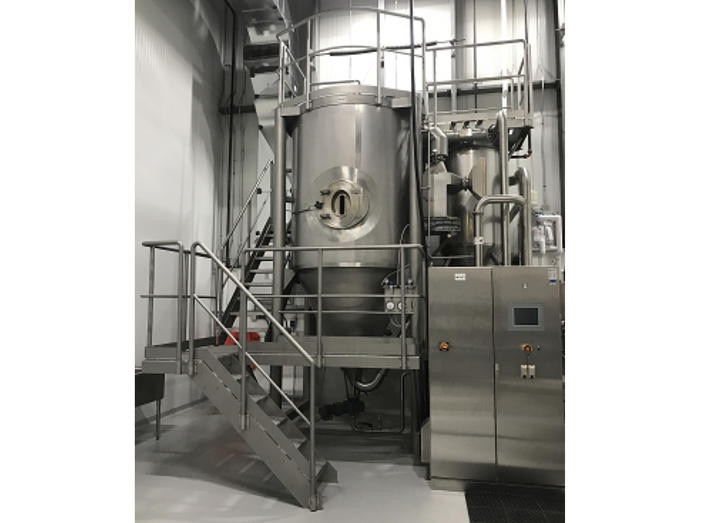
Pilot scale spray dryer
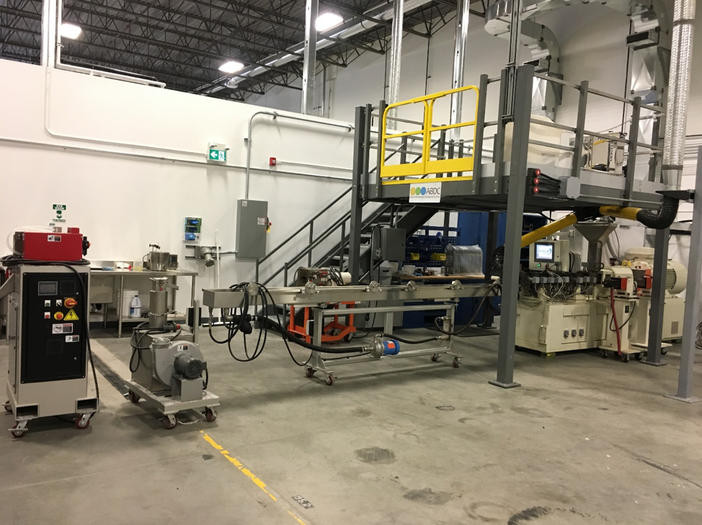
CX-40 HT extruder
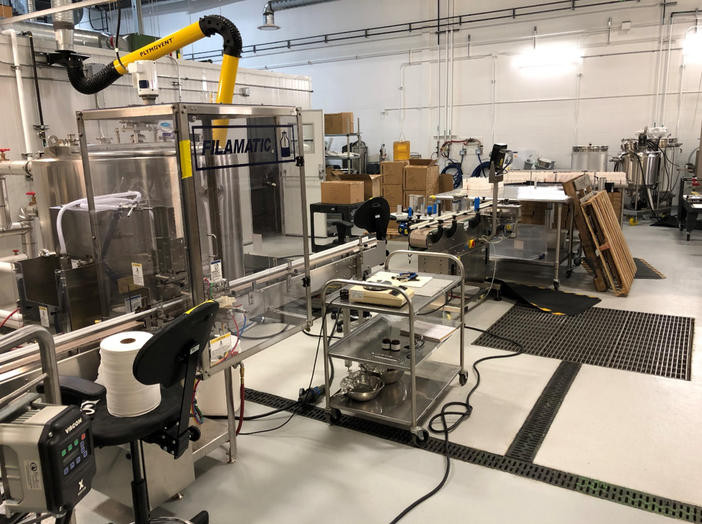
Filling and Labeling Line-for scale-up manufacturing processes
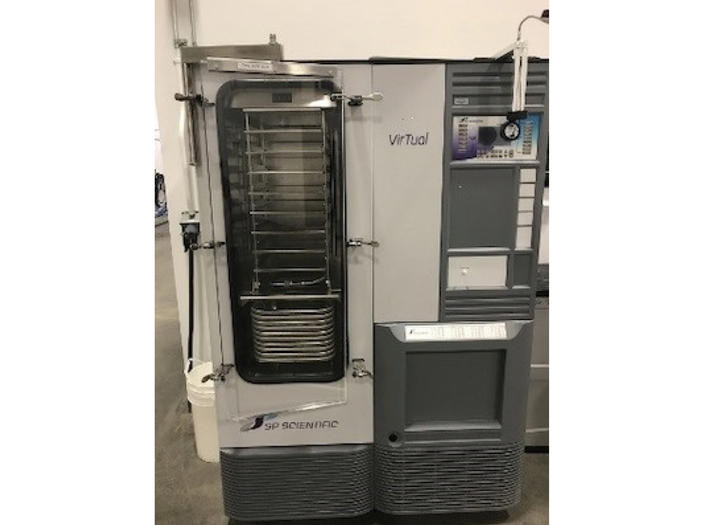
Freeze dryer (left) and SPX spray dryer (right)
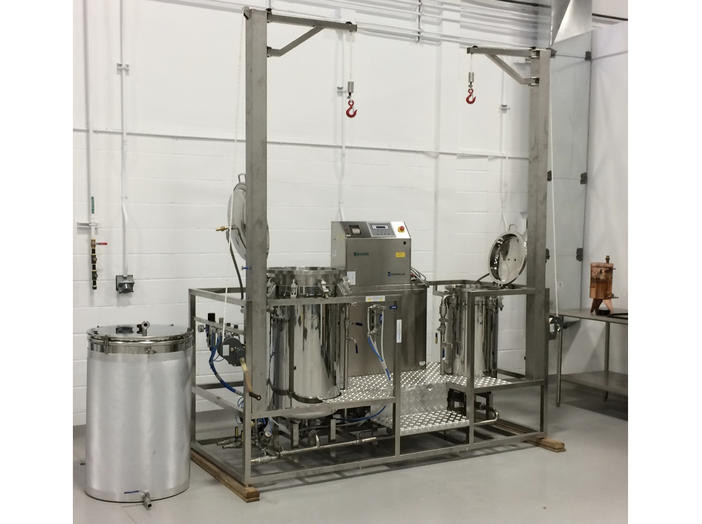
Timatic 100/200 commercial scale pressurized botanical extractor
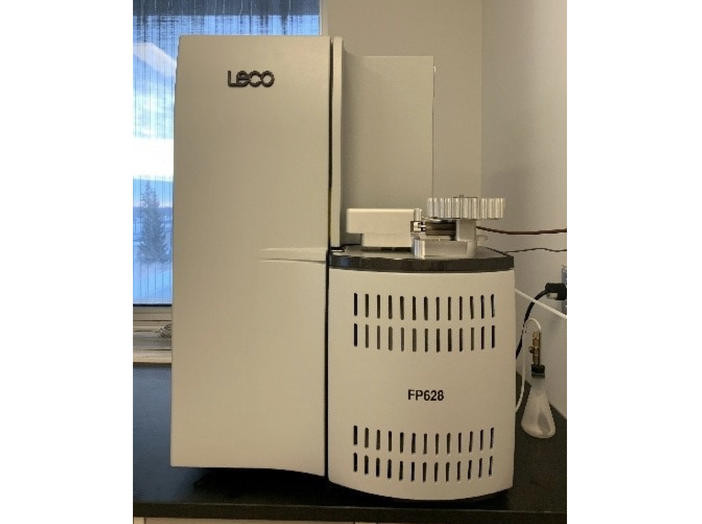
LECO FP-628 Nitrogen/Protein Analyzer
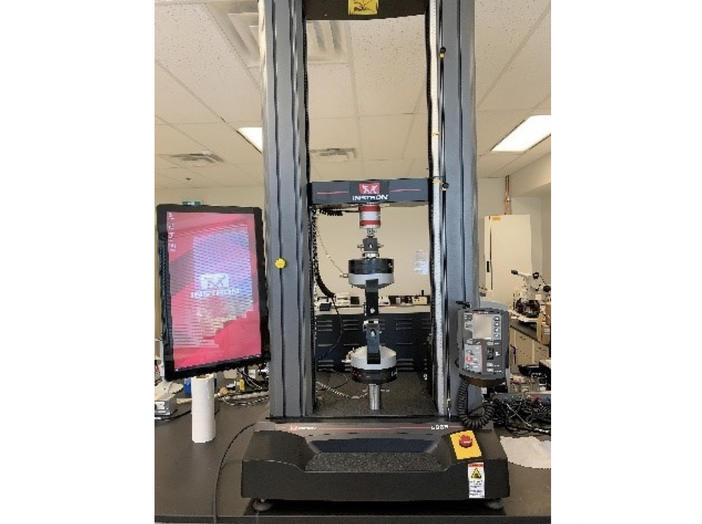
Instron
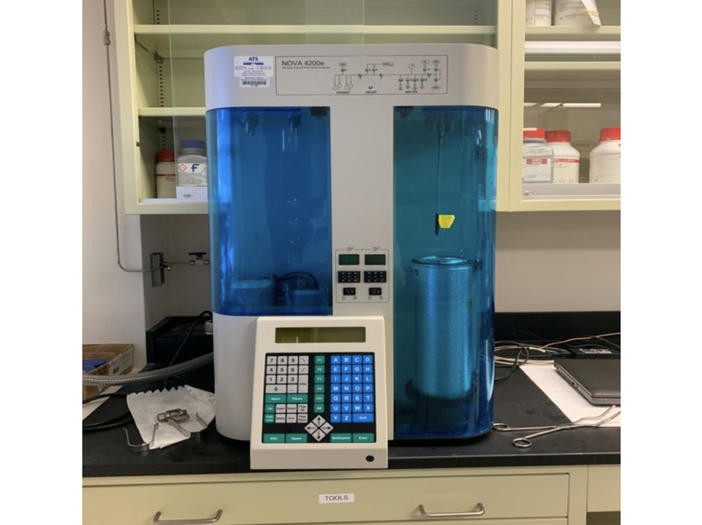
Nova 4200 analyzer (BET)
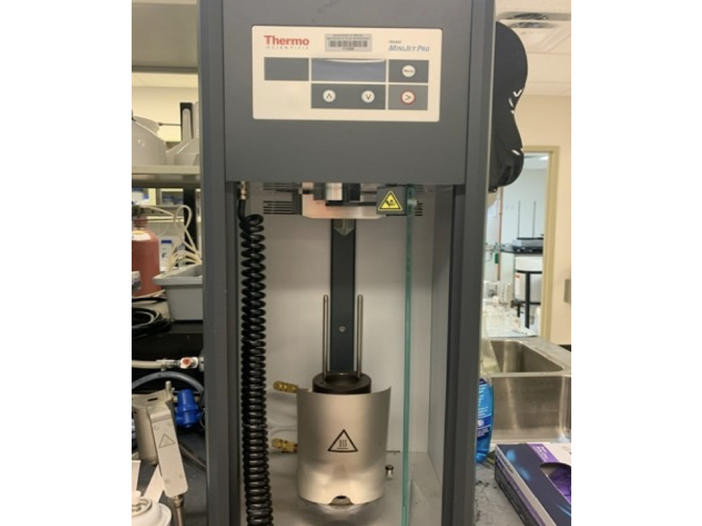
Injection molding equipment
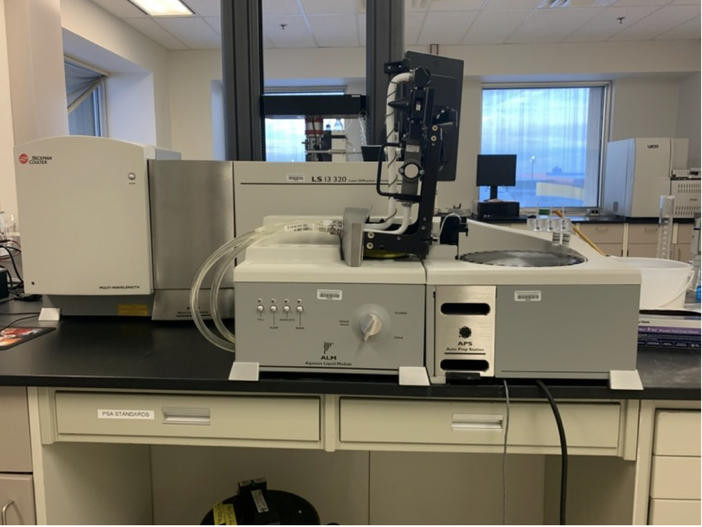
Beckman Coulter LS 13320
Programs and equipment
-
Value-added Fractionation and NNHP
The Value-added Fractionation and Natural and Non-prescription Health Products (NNHP) Program helps to accelerate product development, optimization and commercialization by providing business development tools and technical services to emerging and established companies. A dedicated formulation lab enables clients to develop novel cosmetic, personal care and topical NNHPs while the BPIC facility is equipped with specialized equipment for extraction and purification on a pilot scale.
Our team can also provide training on specialized equipment and help companies navigate regulatory hurdles in the NNHP sector. We have a robust Quality Management system ensuring Good Manufacturing Practices are adhered to.
Table 1. Equipment – Value-added Fractionation and NNHP Program
Process Capacity High temperature/pressure reactions Contact for details Particle size and size distribution analysis Batch reactor- 1.0 L and 1.8 L capacity Contact for details Pressurized extraction Beckman Coulter LS 13320 (0.04-2000 µm) Essential oil extraction 2 litres (lab scale) to 30 litres (BPIC) Thermo-combustion protein analysis LECO FP-628 nitrogen/protein analyzer Low/medium pressure chromatography Contact for details Ultra-high-performance liquid chromatography Dionex UltiMate 3000 U/HPLC with IR, UV and ELSD detectors High performance liquid chromatography Agilent 1100 Membrane filtration Tubular and spiral membranes (MF, UF, NF and RO); Membrane Specialists Lab unit (4-80L batch sizes) Near-infrared spectroscopy Contact for details Fourier-transform infrared spectroscopy 4000-500 cm^-1; Nicolet iS10 UV spectrophotometer Genesys 10 uv scanning Cosmetic and NNHP formulation Fully-stocked laboratory for formulation development Cold oilseed press Montforts CA59-G3 Centrifugation Up to 1L x 6; Contact for details Homogenization Up to 10,000 rpm; Silverson Gas chromatograph Agilent 6890 GC Series Turbidimeter Contact for details Melting point Cole-Parmer Electrothermal digital melting point apparatus ET0001 Water activity AQUQ LAB Dew point water activity meter 4TE Spray drying 1L/hr for water evaporation; BUCHI Mini Spray Dryer B-290 with Inert Loop B-295 Pilot scale wet processing
Since 2017, BPIC has operated with a Health Canada NNHP site licence and a 4,800 ft2 wet processing area that accommodates extraction and purification of a wide range of biomass including oilseeds, cereal grains, specialty crops, botanicals and biomass secondary process streams. Process equipment is available for purifying and concentrating crude botanical extracts, including a pilot scale spray dryer which can remove water at 20 to 60 litres per hour.
Table 2. Equipment – Pilot scale wet processing
Process Capacity Milling Contact for details Sieving Contact for details Seed oil expelling 200-300 kg seed processed/hr Filter press 24" plate and frame; 1,000 L/hr depending on filter porosity; Hillard Star, cold and hot filtering Pressurized extraction 100 and 200L vessels, Timatic 100/200 Membrane filtration Tubular and spiral membranes up to 1,000L/hr depending on the membranes used (NF, UF, NF and RO); Membrane Specialists – Custom design Fractional distillation 22L Batch Fractionation with max. temperature up to 250°C and vacuum up to 30 mmHg; Pope Scientific Short path distillation 0.1-2 L/hr; GIG Karasek Wiped film evaporator with fractionation column GIG Karasek Colloid Mill IKA Colloid mill ML2000/10 Freeze drying SP Ultra pilot and small production lyophilizer with max. condenser capacity 35 L Tray drying Mechanical convection oven with the capacity of 24 Cu. ft and max. temp of 350°C Spray drying IKA Colloid mill ML2000/10 Scale-up manufacturing suite
Table 3. Equipment – Scale-up manufacturing suite
Process Capacity Batch processing 20 to 2,000 litres Wax melting and hot filling 160 litres; WaxMelters 300 Packaging Bottles and jars from 15 mL to 4,000 mL; tubes from 60 to 250 mL Sample filler Up to 50 mL Automatic filling machine Filamatic EconoFIL (bottles and jars from 50ml-2L) Piston filler 50 to 4,000 mL; Technopack, both hopper and vat units; multiple piston heads for a wide range of bottles, jars and tubes. Product coder Anser U2 Pro Thermal Inkjet Printer Tubing Sealer Sorbent Systems MSTSS760/TP-30 Tamperproof Seal Heat shrink tunnel Jorestech TUN-1540 Bag/Pouch sealer Technopack Induction sealer Technopack Small volume filler Jorestech magnetic filler Automated labeler and coder Busch Machinery Semi-automated labeler Jorestech Omicron-50 Semi-automated cardboard box/case closer Technopack -
Biomaterial Development and Characterization
Alberta’s Biomaterial Development and Characterization Program supports the commercialization of bio-based materials from agriculture and forestry biomass. The abundance of feedstock such as hemp, flax and cereal fibres, as well as forestry residues, presents an emerging opportunity for Alberta to develop the biomaterial sector. In addition, biomaterials can also be derived from agri-food processing side streams that are normally destined for the landfill and thus supports the agriculture value-added industry.
Table 4. Equipment – Biomaterial development and characterization
Process Capacity Size reduction by milling machines Lab and pilot scale; particle size greater than 250 microns Classification by particle size US mesh 325 to 7 Pre-treatment of fibre materials Surface treatment of fibre with wet processing or extrusion Surface area and pore size analysis Nova 4200 analyzer Fibre dimension measurements SMZ800N with 8:1 zoom ratio enabling high resolution observation (Vis-)NIR analysis Benchtop and portable for non-destructive and quick biomass quality evaluation Particle size profiling Beckman Coulter LS 13320 (0.4-2000 µm) or sieve shaker (25 -3350 µm) Extrusion and compounding From benchtop development by 40 ml microcompounder to pilot scaling-up by 40 mm twin screw extruder with feeding capacity at rate up to 100's of kgs; hot face die, and strand die available Injection moulding Specimens from 2 to 12.5 mL; mold of ASTM D638 Type IV and ISO 527-2-1A available Hot press Thickness of 0.1 to 5 mm according to ASTM and ISO standards Compression molder Thickness of 0.1 to 5 mm according to ASTM and ISO standards Tensile, flexural and compressive tests Instron 5950 performing to ASTM and ISO standards Pelletization Unit pelletizer and pilot pelleting system Pellet durability and bulk density testing Durability tester with 4 chambers; bulk density testing with 1-litre or 1-quart option Texture analyzer Stabel Micro Systems TA XT Plus -
Organic Waste Reduction and Valorization
Food loss and waste (FLW) is a continuous challenge for the food and beverage processing sector. Losses and waste from inefficient process designs leads to increased costs in raw ingredients, packaging materials, energy and water consumption, labour and waste management. By-products from production also add to labour and waste disposal costs.
The Bio-Industrial Opportunities Section (BIOS) works closely with companies to understand the composition of their waste streams – both organic wastes and wastewater – in order to find opportunities to valorize them into value-added products rather than disposing them as wastes. Companies can become more competitive, save money by avoiding tipping fees for waste disposal and earn extra income by selling their value-added products made from waste streams.
Dedicated businesses that process organic wastes into value-added products are also becoming increasingly popular in Alberta. Biogas facilities that generate renewable natural gas or green electricity from organic wastes help to lower the carbon footprint of Canada’s energy mix. Diverting wastes from landfills to insect farms also helps prevent methane generation while creating valuable animal feed ingredients.
The BIOS has funded a number of case studies to help industry understand opportunities around food processing wastes. An important project is currently underway, examining government initiatives in other jurisdictions dealing with food loss and waste and wastewater, and whether these initiatives can be replicated in Alberta.
Contact
Connect with the Bio-Industrial Opportunities Section:
Hours: 8:15 am to 4:30 pm (open Monday to Friday, closed statutory holidays)
Phone: 780-644-8118
Fax: 780-638-3586
Toll free: 310-0000 before the phone number (in Alberta)
Email: [email protected]
Address:
Bio-Industrial Opportunities Section
O.S. Longman Building
4th Floor, 6909 116 Street
Edmonton, Alberta T6H 4P2
Ken Gossen, Executive Director:
Phone: 780-980-4860
Email: [email protected]
Hong Qi, Director:
Phone: 780-644-8128
Email: [email protected]